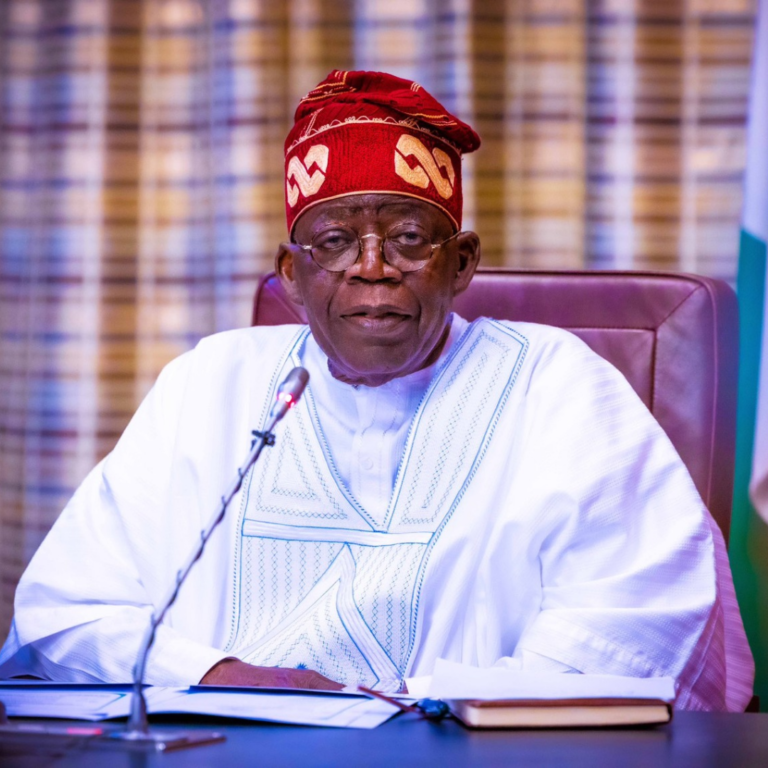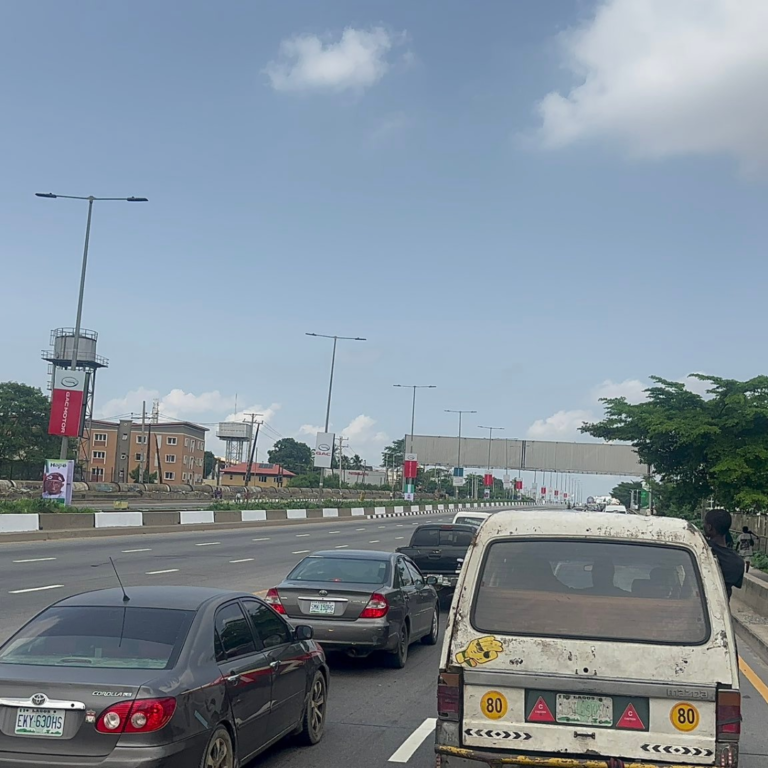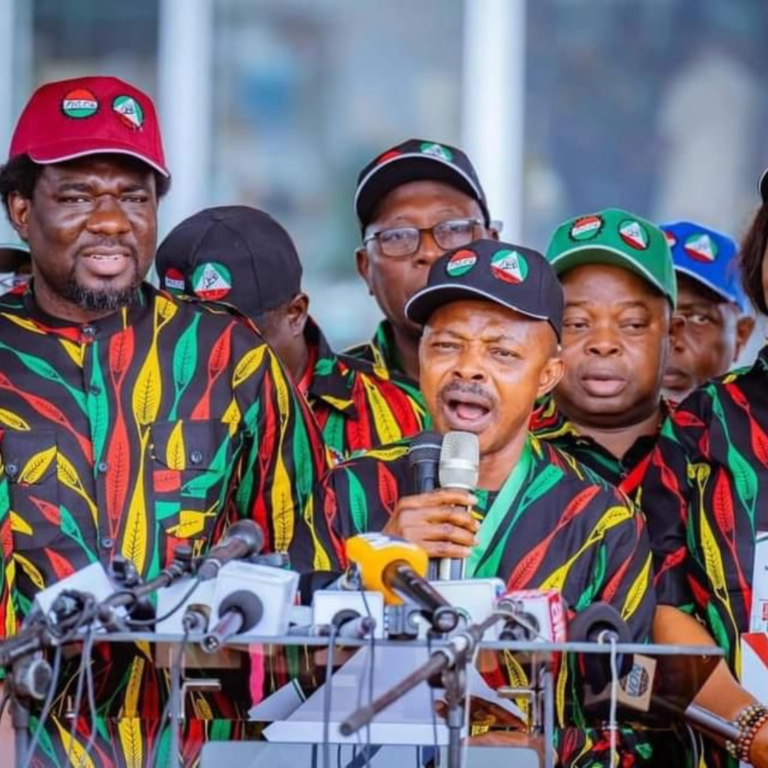President Bola Ahmed Tinubu is barely a year into his reign and is already arguably the most critiqued president of Nigeria. One of his lesser-known but still highly criticised actions is his response to the Republic of Niger’s current political instability.
What happened between Nigeria and the Republic of Niger?
On July 26, 2023, junta forces took over President Mohamed Bazoum’s government through a coup. In a bid to return things to order, the ECOWAS imposed sanctions spearheaded by President Tinubu.
However, these sanctions have affected both Niger and Nigeria, disrupting cross-border trade and causing economic hardship in both countries. They have also hindered regional stability and counter-terrorism initiatives in which both countries were involved. What started as an effort to control political turmoil has created multiple problems in that region of West Africa.
What were the sanctions placed on Niger?
The sanctions included the closure of land and air borders, freezing of assets in the ECOWAS Central Bank, suspension of commercial and financial transactions between ECOWAS member states and Niger, freezing of state enterprises in commercial banks, freezing of service transactions, including utility services, and a no-fly zone for commercial flights to and from Niger.

What is Nigeria’s business there?
Our President, Bola Ahmed Tinubu, is the sitting chairman of the ECOWAS. And the sanctions with the most effect on Niger’s socio-economic decline are Nigeria’s decision to cut off electricity supply to Niger and close the borders between us.
As the chairman, President Tinubu was instrumental in the decision-making of the ECOWAS board. He received criticism for initially taking forceful measures that affected the trade and security of Nigerian states sharing borders with Niger. Once the border was reopened, he received praise from the Northern governors forum whose states had been most affected in Nigeria.
What’s the current situation?
The ECOWAS sanctions against the Niger Republic were lifted on February 24, 2024, on humanitarian grounds, with the hope of fostering dialogue with the military junta in Niger, Mali and Guinea and improving the socio-economic conditions in the region.
The land and air borders between ECOWAS countries and Niger, the No Fly Zone for all commercial flights to and from the country and the suspension of all commercial and financial transactions between ECOWAS member states and Niger have all been lifted.
Public reaction
While some political analysts, like Idayat Hassan, welcome the decision to lift the sanctions, others doubt its impact. Some others believe the ban should have never happened in the first place and that lifting it is a sign of weakness from the ECOWAS, which the junta will exploit.
Do you think ECOWAS could’ve done better, or President Tinubu could’ve managed a better compromise?
To keep up to date with what’s happening in society, start with this: About Nigeria’s Plan to Increase the Minimum Wage




